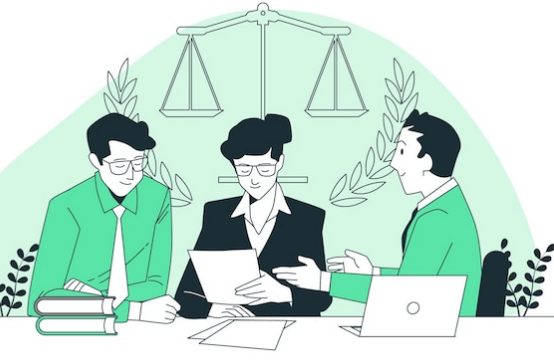Receiving an eviction notice can be a frightening experience. With nearly 3.6 million eviction cases filed each year in the United States, it’s a reality many people face. The good news is, you have options, and acting quickly can make a significant difference.
In this blog, we’ll walk you through the essential steps to take right after receiving an eviction notice to protect your rights and explore possible solutions.
1. Carefully Review the Eviction Notice
The first step you should take is thoroughly reviewing the eviction notice. Make sure you understand what it says, including the reason for the eviction, the amount of time you have to respond, and any actions required. Compare the notice to local and state laws to check if it meets all legal requirements. If there are errors or if the notice is incomplete, it could potentially be challenged.
2. Respond Promptly
Time is of the essence. Once you receive an eviction notice, mark the deadline to respond and ensure you meet it. Ignoring the notice will only make things worse. In some cases, a written response or court appearance may be required. Failing to respond could lead to losing your right to challenge the eviction altogether.
3. Seek Legal Assistance
Understanding your rights and options is critical. Contacting a legal professional who specializes in eviction process assistance can be invaluable. They can help you identify potential defenses, negotiate with landlords, or assist you with filing necessary paperwork. This is especially important if you are dealing with eviction cases in complex markets like New York or Los Angeles.
4. Request More Time
If you’re unable to resolve the issue before the eviction deadline, you may be able to request more time. In many cases, landlords may be open to negotiating a payment plan or a timeline that works better for both parties. Document all communications to avoid any misunderstandings.
5. Negotiate with Your Landlord
Communication can go a long way. If the eviction is related to unpaid rent or other lease violations, consider reaching out to your landlord to discuss possible resolutions. This could include making partial payments, agreeing to a payment plan, or even moving out by a specific date to avoid further legal action.
6. Prepare Your Defense
If you believe the eviction is unjust or the notice is flawed, you may have a valid defense. Common defenses include improper notice, retaliatory eviction, or discrimination. Work with an attorney to gather evidence and prepare your case if you plan to challenge the eviction in court.
7. Attend All Hearings
Missing a court date can be disastrous. Make sure you attend all hearings, present your case clearly, and follow any guidance provided by your legal representative. If you’re dealing with eviction cases in New York or Los Angeles, understanding the specific regulations of these areas can be particularly important.
Get Professional Eviction Help Before It’s Too Late
Have you recently received an eviction notice and don’t know what to do next? Whether you need eviction help in New York, BPCS Law Evictions is here to provide the guidance and representation you need. Our experienced team understands the complexities of the eviction process and can help you protect your rights and explore possible solutions.
Contact us today to get started.







